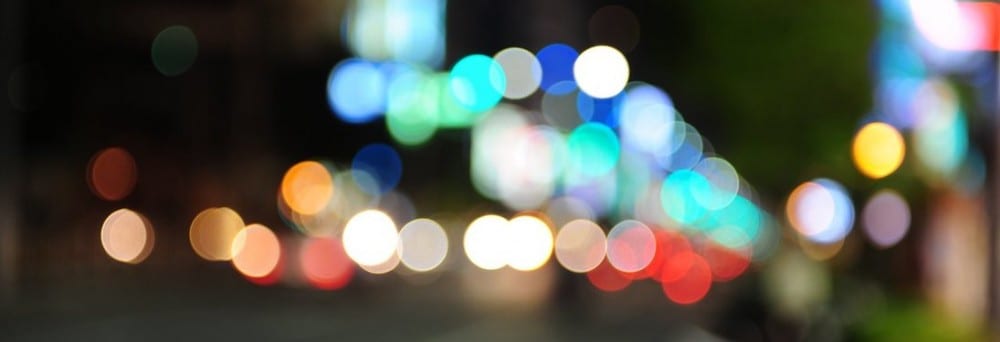‘The deliverance of the human from his self-created bondage, the glory of that which is beyond all grasp of thought, the happiness that is the very foundation of our existence, is nearer to us than anything of a physical nature…Liberation is a state of freedom where the individual ego is eliminated and the true egoless state or the state of self is cognized.’
– Charlie Lutes
Liberation generally means free or freed from something. After discussing ‘what is liberation’ with the group in our workshop, it became apparent to me that defining this term depends heavily on personal experience. It seems that no two people are able to understand ‘liberation’ in the same way, presumably because we all walk different paths in life that are designed in accordance with our purpose. Personally, I think that liberation means acceptance. Accepting a situation or circumstance in order to understand it and be a part of it or change it. In understanding something, you take away the power of oppression; you remove the unknown that stands as a threat to you. Liberation is a complete shift in a person’s perception and may even penetrate to changing their belief system.
I began to think about why or how we would adopt this term to develop our performance. Why do we what to liberate our audience? What do we want to liberate them from? Are we trying to liberate them or are we going to take them on the journey of our liberation? If our purpose is to liberate them, how are we going to make them understand liberation? As some members of our audience may not need or what liberation, they may be comfortable where they are; their comfortable with their situation or circumstance.
As a group you spoke about liberating or audience from consumerism by stopping them in their tracks to take a minute and observe their surroundings. To bring their awareness to the fact that they are products of a capitalist society. However, we also coincided that this idea seemed brutally straightforward; by bring awareness to consumerism we would not be liberating, instead we would be presenting the audience with information they already have. This realisation offered another perspective on what liberation may be. Liberation is to be informed of previously unknown information about a situation, circumstance or place.
Charlie Lutes. (1982). What is Liberation. Available: http://www.maharishiphotos.com/lecture53.html. Last accessed 5th February 2015.

